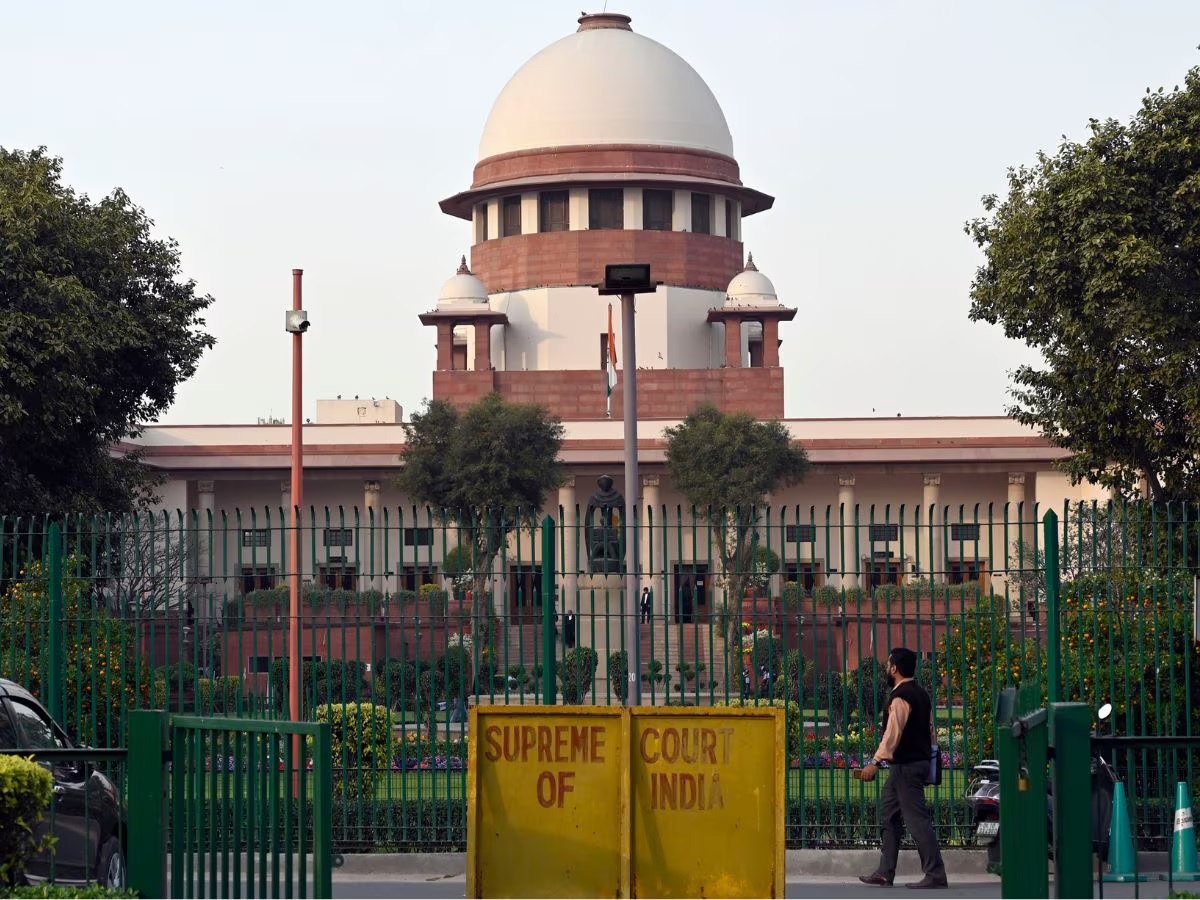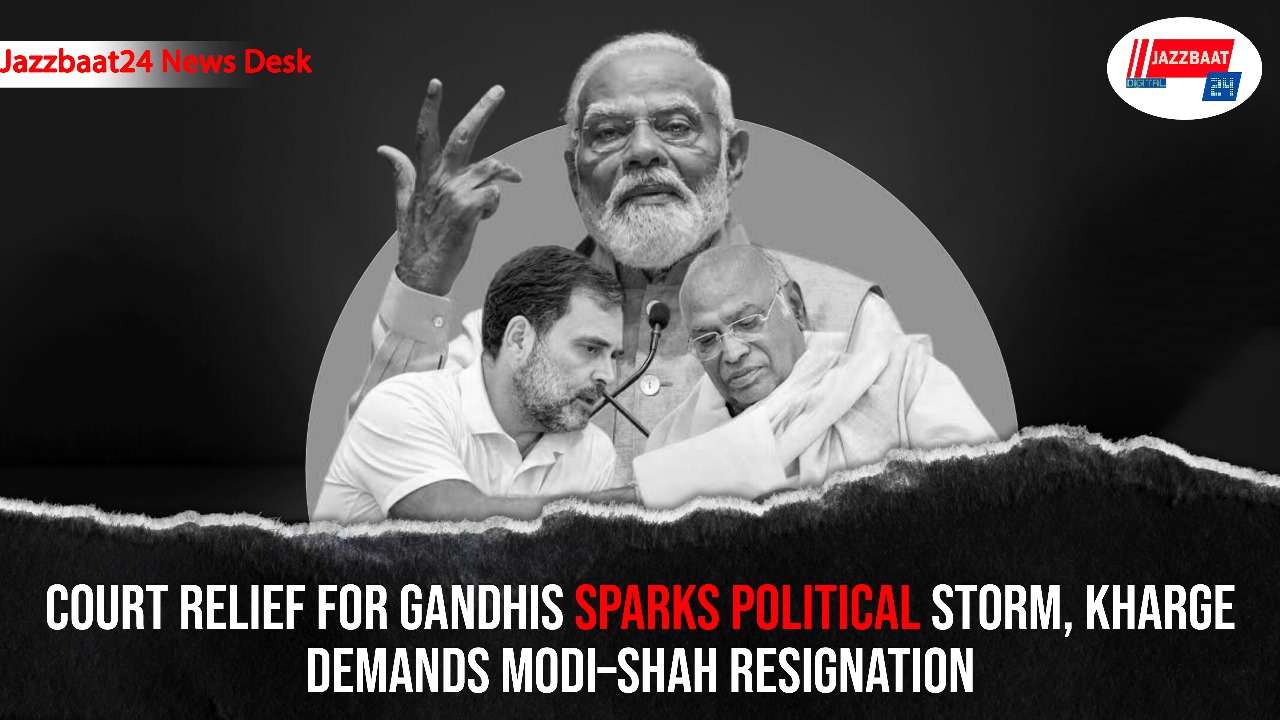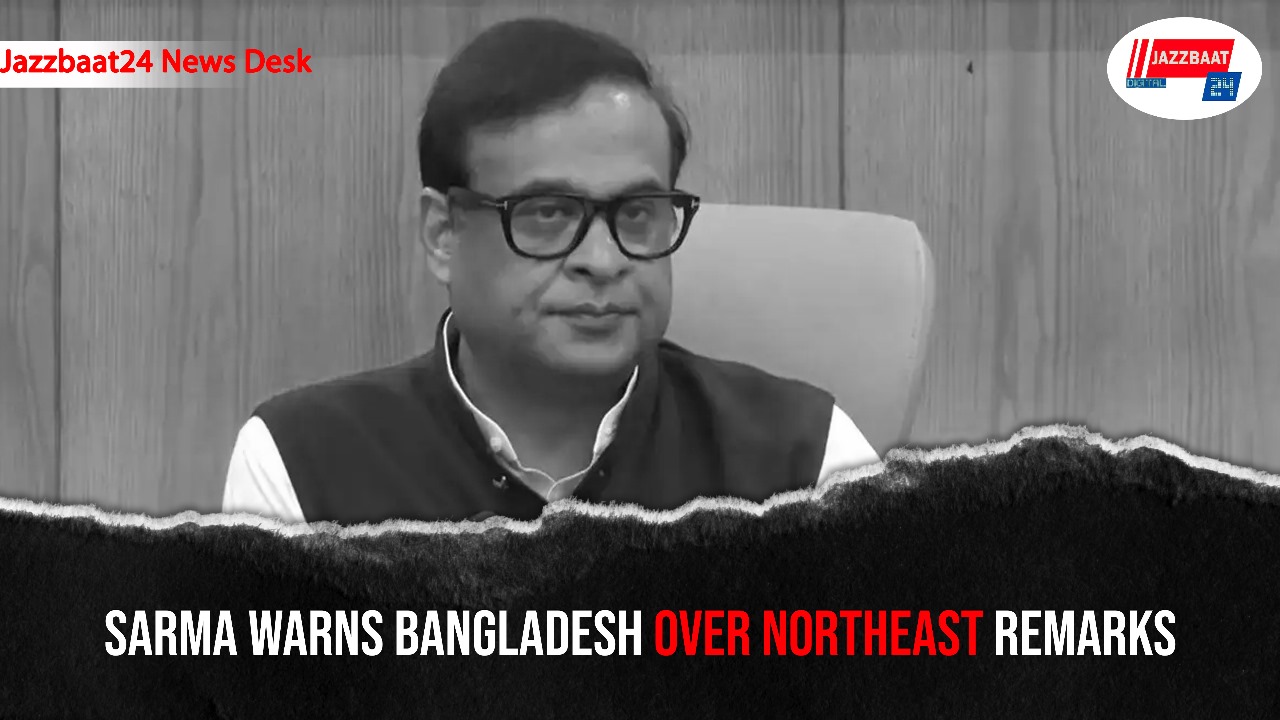In a move with far-reaching implications, the Supreme Court intervened to stall the Central Bureau of Investigation's (CBI) probe into the alleged role of state government officials in the Bengal recruitment scam. This decision comes as a blow to the 25,000 teachers who recently lost their jobs amidst the unfolding controversy surrounding irregularities in the recruitment process.
The Bengal recruitment scandal has been a source of significant turmoil and unrest, with allegations of corruption and nepotism tainting the state's education system. The CBI's involvement was seen as a ray of hope for many seeking justice and accountability in the face of widespread malpractice.
However, the Supreme Court's decision to stay the CBI investigation has thrown a wrench into the pursuit of truth and transparency, leaving both the affected teachers and the wider public in a state of uncertainty. The court's rationale for halting the probe remains unclear, sparking speculation and debate about the underlying motivations behind the move.
For the 25,000 teachers who found themselves abruptly unemployed following the scandal, the Supreme Court's decision represents a setback in their quest for justice and restitution. Many had pinned their hopes on the CBI's intervention to uncover the truth and hold accountable those responsible for their plight.
The repercussions of the court's decision are likely to reverberate across the political landscape, with opposition parties seizing upon the development to criticize the ruling dispensation and demand greater transparency in the investigation process. Meanwhile, the state government may view the stay as a temporary reprieve, buying time to address the fallout from the scandal and mitigate its political and administrative ramifications.
In the midst of the legal maneuvering and political posturing, the fate of the 25,000 affected teachers hangs in the balance, their livelihoods and future prospects dependent on the outcome of the ongoing legal battle. As the saga unfolds, the spotlight remains firmly trained on the corridors of power, with the public clamoring for accountability and justice in the wake of one of the most significant recruitment scandals to rock the state in recent memory.





